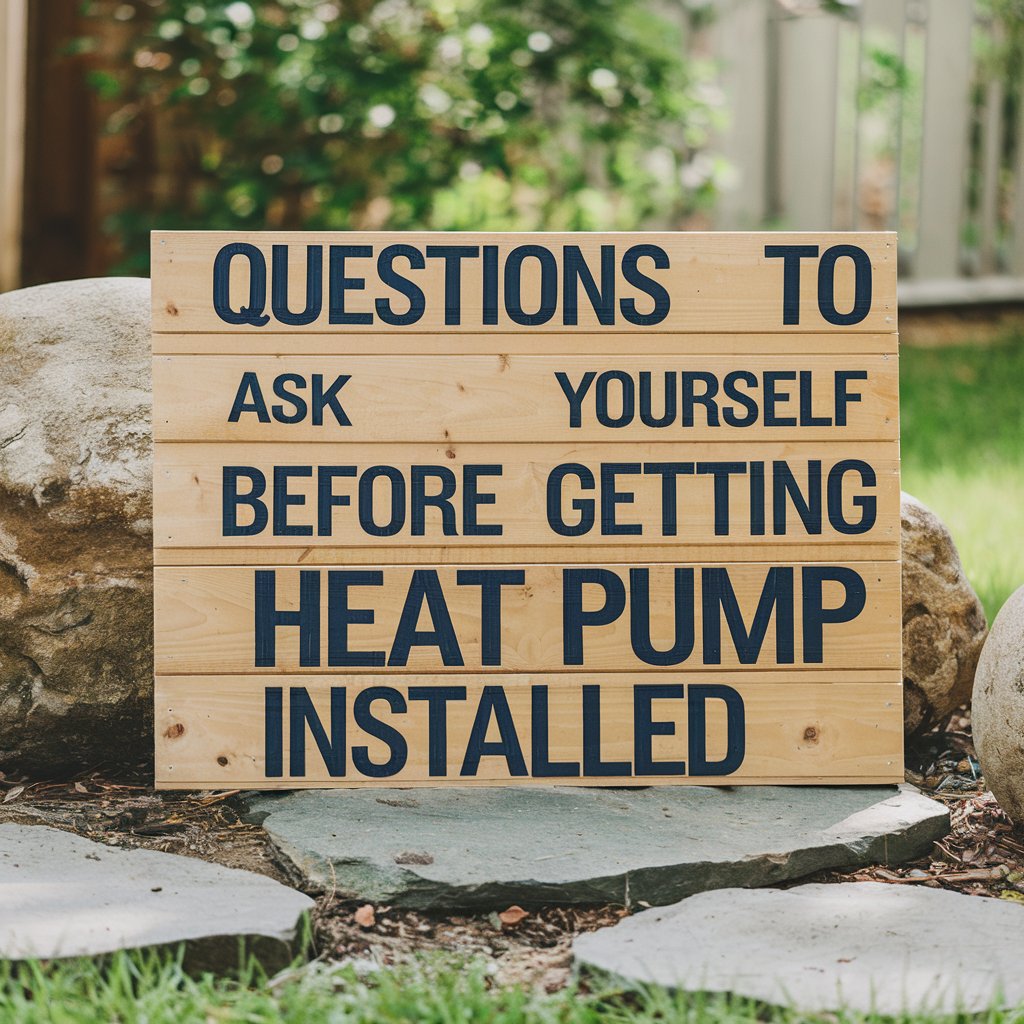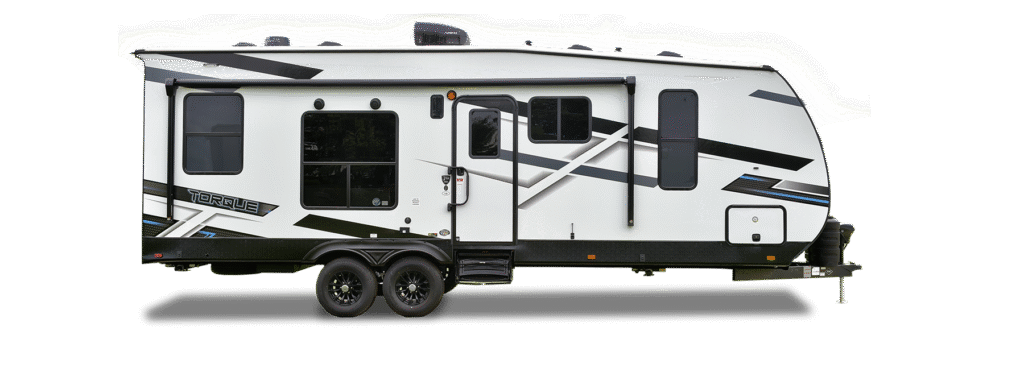Energy efficiency is so important and many homeowners are thinking about getting heat pumps as a better alternative to traditional heating and cooling systems. However, before making a decision to install a heat pump, there are several crucial questions you should ask yourself to ensure that you choose the right system for your home and maximize your investment.
What is my current heating and cooling setup?
Understanding your existing system is essential. Evaluate how your current heating and cooling systems operate. Is your home currently heated with gas, oil, or electricity? Do you rely on a furnace, boiler, or air conditioner? Understanding the strengths and weaknesses of your current setup can help you determine whether a heat pump will provide a more efficient and effective solution.
What is the size of my home?
Heat pumps come in lots of sizes and capacities, so it’s crucial to assess the square footage of your home. A heat pumps York professional can perform a load calculation to determine the perfect size heat pump for your space. An undersized unit may struggle to maintain comfortable temperatures, while an oversized unit may cycle on and off too frequently, leading to inefficiencies and increased wear and tear.
What is my budget?
Cost is a big factor in any home improvement project. Heat pumps can have bigger upfront costs compared to traditional systems, but they often result in lower energy bills over time. Think about both the initial installation costs and the long-term savings when evaluating your budget. Also, inquire about available rebates or tax credits for energy-efficient systems, which can help offset the costs.
How is my home insulated?
The effectiveness of a heat pump can be heavily influenced by your home’s insulation. Proper insulation helps keep the desired indoor temperature and can significantly impact the efficiency of the heat pump. Evaluate your insulation in walls, attics, and basements, and consider any necessary upgrades before installation.
What is my local climate?
Heat pumps operate most efficiently in moderate climates. In colder regions, you may need a supplemental heating system for extremely low temperatures. Research the performance of heat pumps in your area’s climate, and consult with a local HVAC professional to ensure you choose a model that is suitable for your weather conditions.
Am I considering a ducted or ductless system?
Decide whether you want a ducted heat pump that uses existing ductwork or a ductless mini-split system, which can be more efficient for homes without ducts. Ductless systems offer flexibility in zoning and can heat or cool specific areas, making them a great option for additions or homes without centralized duct systems.
What are the maintenance requirements?
All heating and cooling systems need maintenance, and heat pumps are no exception. Familiarize yourself with the maintenance tasks needed to keep your system running efficiently, such as cleaning or replacing filters, checking refrigerant levels, and scheduling annual professional inspections.
What is my long-term plan?
Finally, consider your long-term plans for your home. If you plan to stay in your house for several years, investing in a heat pump can pay off in energy savings and increased comfort. However, if you anticipate moving soon, it may be worth evaluating the return on investment and whether a heat pump is the best choice for your situation.






